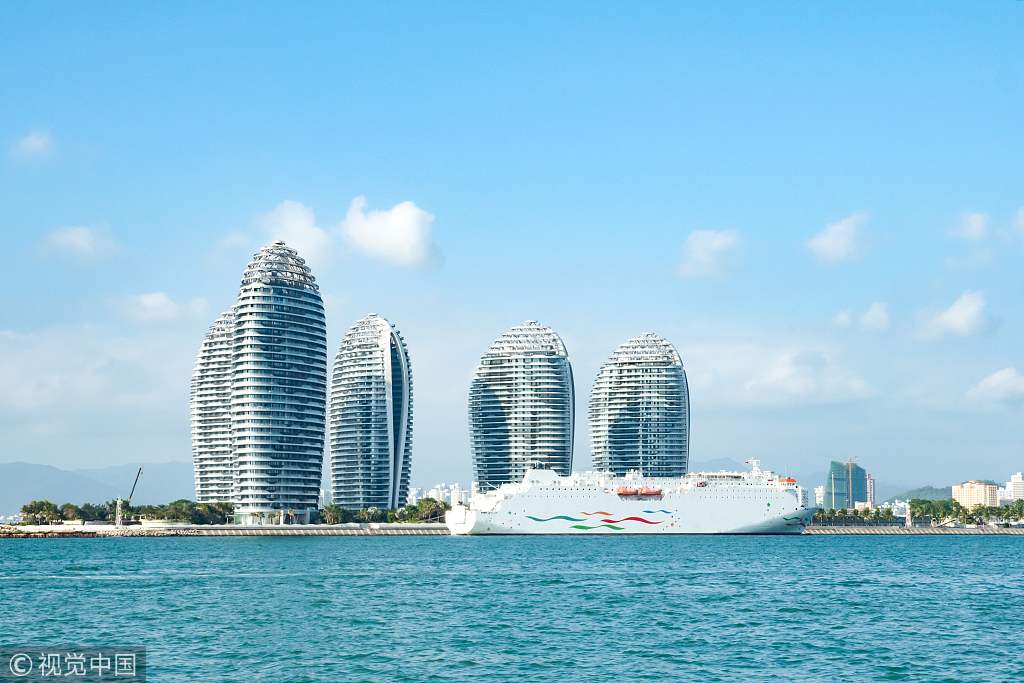Policy enables car registration for high-level talent in Hainan


Authorities in South China's Hainan province have issued measures on priority registration of passenger cars for high-level talent, a move to provide them with greater convenience in using cars for personal transport.
Those who have been officially certified as master talent, outstanding talent, leading talent and top-notch talent can apply for direct car ownership registration.
Other high-level talent can obtain car ownership registration by row number, according to a notice jointly issued by the Talent Office of the CPC Hainan Provincial Committee and the Public Security Department of Hainan Province.
To promote green development, the island province started to control the number of new cars by setting registration quotas starting last August.
License plates for new cars, except new-energy ones, can only be obtained by a lottery-style system or bidding.
Hainan plans to have all its vehicles run on new energy by 2030.
The new policy on car registration quotas for high-level talent has been introduced to implement the talent strategy and build a strong talent force for Hainan.
The province is building a pilot Free Trade Zone and exploring construction of a Chinese-style free-trade port, officials with the talent office said.
Hainan has implemented serial incentive policies and measures such as free housing, rent subsidies, child education and medical services to attract high-level talent from home and abroad.
The talent will join the building of the Hainan Pilot Free Trade Zone, the nation’s 12th and largest FTZ covering 35,400 square kilometers, 32 times the size of Hong Kong.
The island province has 9.3 million people and about 1.18 million vehicles.
It plans to introduce 5,600 new energy vehicles into the market this year and build 940,000 recharging posts by 2030 to meet rising demand for clean energy vehicles.
The province announced a ban on oil-fueled automobile sales this year that will go into effect by 2030.
- Survivor of Japan's 'comfort women' system dies, leaving 8 on Chinese mainland
- 19 foreigners among China's first officially certified hotpot chefs
- China approves new lunar sample research applications from institutions
- Fishing, Hunting festival opens at Chagan Lake in Jilin
- A glimpse of Xi's global insights through maxims quoted in 2024
- China's 'Ice City' cracks down on ticket scalping in winter tourism




































